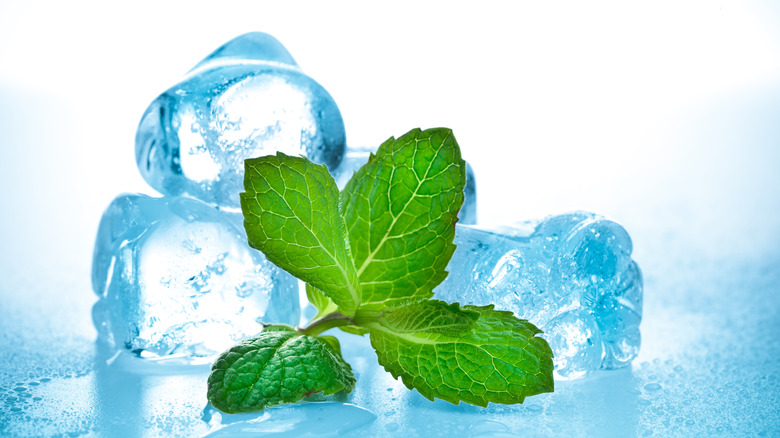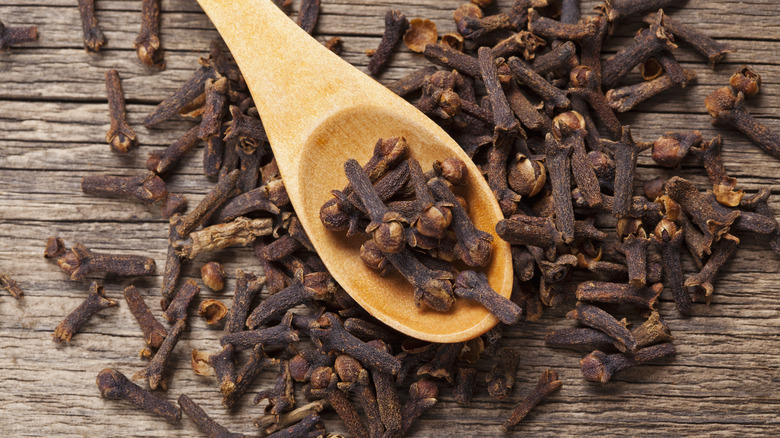The Science Behind How Certain Ingredients Affect More Than Our Taste Buds
Some foods have more to offer our bodies than just flavor. Sichuan peppers, for example, are famous for their so-called numbing effect. Cloves do something similar, and so they were traditionally used in dentistry. Anyone who's eaten fresh mint leaves and drinks water can tell you that the water tastes cold. What's going on here? The fact is that there are compounds in certain foods that can make us feel things that aren't real, and food scientists are taking advantage of this phenomenon to fool our brains.
Let's start with the "cooling" effect of mint. Mint contains a chemical called menthol, which, as we all know, activates something in your mouth called a Transient Receptor Potential Cation Channel Subfamily M Member 8, or TRPM8 (we're just kidding; who knows this?). This receptor literally changes our perception of temperature, creating what's called a "thermal illusion." Scientists use menthol to create a feeling of freshness; that's why it's in mouthwash. But menthol isn't the only chemical that's creating illusions.
Paresthesia and phantom aromas
We've already talked about Sichuan peppers and cloves providing a numbing sensation. There's also a little yellow flower called a "buzz button" that does the same thing. All three accomplish this illusion (called paresthesia) in different ways. Sichuan peppers contain a molecule called hydroxy-alpha-sanshool which activates our lips and tongues' touch receptors, providing a tingling or numbing sensation. Cloves contain a compound called eugenol, which affects receptors that sense warmth. In high doses, clove oil can have an anesthetic effect. Buzz buttons contain spilanthol, a bioactive compound that causes numbing or tingling — so it also used to be used for toothaches.
But our brains can be fooled before we even put something in our mouths. Aromas can trick us, too, because smell is so intimately tied in with taste. If something smells like strawberries, you'll think it's sweet. If you smell ham, whatever you subsequently eat will seem more salty. These are called "phantom aromas," because they suggest levels of sugar or salt that might not be present at all. Isn't having a body weird?

